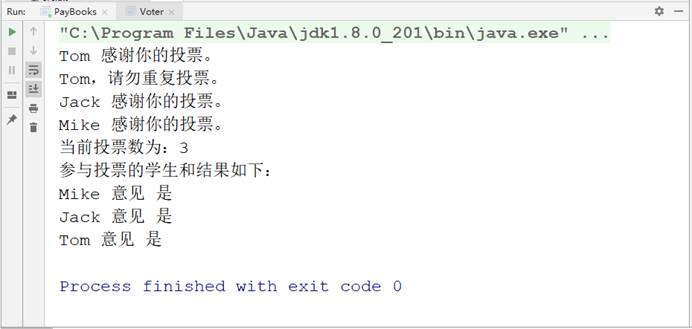【诗歌是上帝的语言,人工智能中的自然语言处理研究就是在寻找上帝的声音】

威廉·布莱克(William Blake,1757~1827)是十八世纪诗人,英国第一位重要的浪漫主义诗人、版画家。时至今日,诸多评论家将布莱克列为英国文学史上与乔叟、斯宾塞、莎士比亚、弥尔顿、华兹华斯齐名的最伟大的六位诗人之一。由于他的画作在文艺复兴以后,开启了不重形似而重精神力量的创作新路,他又被赞誉为“英国艺术方面最重要的人物之一”。剑桥大学菲茨威廉博物馆(FitzwilliamMuseum)为布莱克开设了专馆,且馆藏十分丰富。仅在2002年米迦勒学期 MichaelmasTerm 剑桥大学英文系的课程表中,就有三门有关布莱克研究的课程,它们是:“威廉·布莱克”、“布莱克的复合艺术”(Blake sCompositeArt)和“布莱克的微细特例”(Blake sMinute Particulars)。布莱克的成就及魅力由此可见一斑。正如王佐良教授所断言的:对于后来者来说,布莱克是挖掘不尽的———无论从思想、象征、神话出发,还是从格律、诗艺或绘画艺术出发,他的作品里还有大量需要深入研究的东西。主要诗作有诗集《纯真之歌》、《经验之歌》等。早期作品简洁明快,中后期作品趋向玄妙深沉,充满神秘色彩。 他一生中与妻子相依为命,以绘画和雕版的劳酬过着简单平静的创作生活。后来诗人叶芝等人重编了他的诗集,人们才惊讶于他的虔诚与深刻。接着是他的书信和笔记的陆续发表,他的神启式的伟大画作也逐渐被世人所认知,于是诗人Y与画家布莱克在艺术界的崇高地位从此确立无疑。
布莱克一生都保持着宗教、政治和艺术上的激进倾向。他浓厚的宗教意识、艺术家的天分和丰富的人生阅历,给他的诗歌提供了取之不尽的创作源泉,并使它的诗歌具有明显的宗教性、预言性、哲理性和艺术性等几大特点。他对英国诗歌,特别是浪漫主义诗歌所作出的贡献是有目共睹的。其前期诗作主要包括《诗歌素描》、《纯真之歌》及《经验之歌》等。
前期的诗作,语言上简单易懂,且以短诗为主,音节也能短则短,题材内容则以生活中的所见所闻为主;而后期的诗作篇幅明显增长,有时长达数百乃至上千行,内容也明显地晦涩起来,以神秘、宗教,以及象征为主要特征。
布莱克最被人们引用和传诵的,也是后代文学大家反复赞美的几首诗歌如《擦烟囱的少年》、《保姆之歌》、《病玫瑰》、《老虎的赞美诗》,皆可以看作构筑布莱克之“天国原形”的一部分,这个自比为以西结的少年,四岁就看到了宗教幻象,并且可以用一种亲喃的语言和“白色诸神”寂静的交谈,尽管世风低落,文途滞涩,但布莱克怀着极大的天真和壮丽的想象力与战斗力,投入了类似班扬和马娄的“世俗反讽”运动中。
这种文艺复兴是旨在和针对于时弊而进行的抒情与想象力神话的回归,这些人对美大加赞美,并加之比喻为自己的面具,而对尘世中的人的命运却大加伤感,并认为他们破坏了作家的“美”的面具。于是拉伯雷戴上了讽刺,班扬戴上了布道,马娄戴上了戏拟与夸张,当然还有一种惊人的反讽,而布莱克则戴上了虔诚与纯真。
布莱克在和他相伴一生的乡村姑娘凯瑟琳的邂逅与共处中,获悉了平民心中的童话与贞洁,并以此与自身的经验和想象作为对比,参照了很多从中世纪就开始进行和流传的童话寓言式写作,并加上了自己独一无二的意象创造力,布莱克为我们留下了18世纪最重要的诗集《天国与地狱的婚姻—想象力的赞美诗》和《纯真与经验之歌》。布莱克构筑了我们世界的宏伟与庄严教堂的顶层,在那里,理想与现实的箴言熠熠闪光,时时为我们提醒着圣母般的洁净与肃穆。
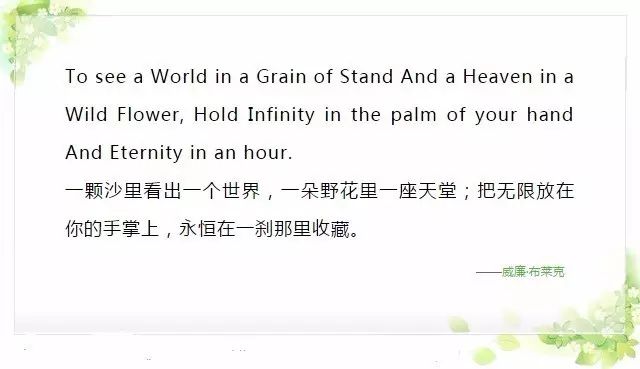
译作
1919年周作人在《少年中国》一卷八期上发表了《英国诗人勃来克的思想》一文,首次介绍了布莱克诗歌艺术的特性及其艺术思想的核心。文中说,布莱克是诗人、画家,又是神秘的宗教家;他的艺术是以神秘思想为本,用了诗与画,作表现的器具; 他特重想象(imagination)和感兴(inspiration),其神秘思想多发表在预言书中,尤以《天国与地狱的结婚》一篇为最重要,并第一次译出布莱克长诗《天真的预言》的总序四句:
一粒沙里看出世界,
一朵野花里见天国。
在你掌里盛住无限,
一时间里便是永远。
这首诗前四句有多种译法
《天真的预言》译文
一沙一世界,一花一天国,
君掌盛无边,刹那含永劫。
——李叔同译 (宗白华在《中国艺术意境之诞生》所引用)
一粒沙里有一个世界
一朵花里有一个天堂
把无穷无尽握于手掌
永恒宁非是刹那时光
——陈之藩 译
一沙一世界,一花一天堂。
无限掌中置,刹那成永恒。
——徐志摩译
一颗沙里看出一个世界,
一朵野花里看出一座天堂,
把无限放在你的手掌上,
永恒在一刹那里收藏。
——梁宗岱译
从一粒沙子看世界
从一朵野花见天堂,
把无限握在你手掌
永恒在一瞬间收藏。
——徐淳刚译
其他译文:
在一颗沙粒中见一个世界,
在一朵鲜花中见一片天空,
在你的掌心里把握无限,
在一个钟点里把握无穷。
——张炽恒译
从一粒沙看世界,
从一朵花看天堂,
把永恒纳进一个时辰,
把无限握在自己手心。
——王佐良译
一颗沙尘看世界,
一朵野花定乾坤,
无限可以在你的指间,
永恒也可以是瞬间。
——化童译
一沙一世界,
一花一天堂。
双手握无限,
刹那是永恒。
一沙一世界,
一花一天堂,
一树一菩提,
一叶一如来。
天真的预言,
参悟千年的偈语。
另:个人觉得更好的翻译,出处暂不知:
一沙一世界,一花一天堂。
掌心盛无限,须臾纳永恒。
《爱的秘密》
威廉·布莱克/作,张文武/译
千万别试图说出你的爱,
爱永远不能被说出来;
因为你不能听到或看见,
那吹拂的微风。
我曾经说出我的爱,我曾经这样,
我向她倾诉了我的衷肠;
她浑身颤抖,如陷冰窟,充满恐惧,
啊!她离我而去!
她刚离开我,
就来了一个过客,
他轻叹一声,便将她带走,
你听不到,也看不见。
《天真之歌》
英文原诗
Spring(春天)
Sound the Flute!
Now it's mute.
Birds delight
Day and Night.
Nightingale
In the dale
Lark in Sky
Merrily
Merrily Merrily to welcome in the Year.
Little Boy
Full of joy.
Little Girl
Sweet and small.
Cock does crow,
So do you.
Merry voice,
Infant noise,
Merrily Merrily to welcome in the Year.
Little Lamb,
Here I am,
Come and lick
My white neck.
Let me pull
Your soft Wool.
Let me kiss
Your soft face.
Merrily Merrily we welcome in the Year.
译作
把笛子吹起!
现在它无声无息。
白天夜晚
鸟儿们喜欢。
有一只夜莺
在山谷深深,
天上的云雀,
满心喜悦,
欢天喜地,
迎接新年到。
小小的男孩
无比欢快。
小小的女孩
玲珑可爱。
公鸡喔喔叫,
你也叫声高。
愉快的嗓音,
婴儿的闹声,
欢天喜地,
迎接新年到。
小小的羊崽,
这里有我在。
走过来舔舐,
我白白的脖子。
你的毛柔软,
让我牵一牵。
你的脸娇嫩,
让我吻一吻。
欢天喜地,
我们迎接新年到。
以上三首诗歌点评
这首诗的三节像三个变焦电影镜头:由远而近依次是山谷树林、村庄农舍,然后聚焦在一个与羊羔相戏的儿童身上。意象鲜明、具体、生动,趣味盎然。而诗以儿童的口吻写出,反映了孩子们对春天的感受。诗行由片语和短句组成,注意押韵和反复,几近童谣,轻松自然,琅琅上口,读来有春天气息扑面而来的新鲜。
《天真的预言》
英文原诗
Auguries of Innocence
To see a World in a Grain of Sand
And a Heaven in a Wild Flower,
Hold Infinity in the palm of your hand
And Eternity in an hour.
A Robin Red breast in a Cage
Puts all Heaven in a Rage.
A dove house fill'd with doves & Pigeons
Shudders Hell thro' all its regions.
A dog starv'd at his Master's Gate
Predicts the ruin of the State.
A Horse misus'd upon the Road
Calls to Heaven for Human blood.
Each outcry of the hunted Hare
A fibre from the Brain does tear.
A Skylark wounded in the wing,
A Cherubim does cease to sing.
The Game Cock clipp'd and arm'd for fight
Does the Rising Sun affright.
Every Wolf's & Lion's howl
Raises from Hell a Human Soul.
The wild deer, wand'ring here & there,
Keeps the Human Soul from Care.
The Lamb misus'd breeds public strife
And yet forgives the Butcher's Knife.
The Bat that flits at close of Eve
Has left the Brain that won't believe.
The Owl that calls upon the Night
Speaks the Unbeliever's fright.
He who shall hurt the little Wren
Shall never be belov'd by Men.
He who the Ox to wrath has mov'd
Shall never be by Woman lov'd.
The wanton Boy that kills the Fly
Shall feel the Spider's enmity.
He who torments the Chafer's sprite
Weaves a Bower in endless Night.
The Caterpillar on the Leaf
Repeats to thee thy Mother's grief.
Kill not the Moth nor Butterfly,
For the Last Judgement draweth nigh.
He who shall train the Horse to War
Shall never pass the Polar Bar.
The Beggar's Dog & Widow's Cat,
Feed them & thou wilt grow fat.
The Gnat that sings his Summer's song
Poison gets from Slander's tongue.
The poison of the Snake & Newt
Is the sweat of Envy's Foot.
The poison of the Honey Bee
Is the Artist's Jealousy.
The Prince's Robes & Beggars' Rags
Are Toadstools on the Miser's Bags.
A truth that's told with bad intent
Beats all the Lies you can invent.
It is right it should be so;
Man was made for Joy & Woe;
And when this we rightly know
Thro' the World we safely go.
Joy & Woe are woven fine,
A Clothing for the Soul divine;
Under every grief & pine
Runs a joy with silken twine.
The Babe is more than swaddling Bands;
Throughout all these Human Lands
Tools were made, & born were hands,
Every Farmer Understands.
Every Tear from Every Eye
Becomes a Babe in Eternity.
This is caught by Females bright
And return'd to its own delight.
The Bleat, the Bark, Bellow & Roar
Are Waves that Beat on Heaven's Shore.
The Babe that weeps the Rod beneath
Writes Revenge in realms of death.
The Beggar's Rags, fluttering in Air,
Does to Rags the Heavens tear.
The Soldier arm'd with Sword & Gun,
Palsied strikes the Summer's Sun.
The poor Man's Farthing is worth more
Than all the Gold on Afric's Shore.
One Mite wrung from the Labrer's hands
Shall buy & sell the Miser's lands:
Or, if protected from on high,
Does that whole Nation sell & buy.
He who mocks the Infant's Faith
Shall be mock'd in Age & Death.
He who shall teach the Child to Doubt
The rotting Grave shall ne'er get out.
He who respects the Infant's faith
Triumph's over Hell & Death.
The Child's Toys & the Old Man's Reasons
Are the Fruits of the Two seasons.
The Questioner, who sits so sly,
Shall never know how to Reply.
He who replies to words of Doubt
Doth put the Light of Knowledge out.
The Strongest Poison ever known
Came from Caesar's Laurel Crown.
Nought can deform the Human Race
Like the Armour's iron brace.
When Gold & Gems adorn the Plow
To peaceful Arts shall Envy Bow.
A Riddle or the Cricket's Cry
Is to Doubt a fit Reply.
The Emmet's Inch & Eagle's Mile
Make Lame Philosophy to smile.
He who Doubts from what he sees
Will ne'er believe, do what you Please.
If the Sun & Moon should doubt
They'd immediately Go out.
To be in a Passion you Good may do,
But no Good if a Passion is in you.
The Whore & Gambler, by the State
Licenc'd, build that Nation's Fate.
The Harlot's cry from Street to Street
Shall weave Old England's winding Sheet.
The Winner's Shout, the Loser's Curse,
Dance before dead England's Hearse.
Every Night & every Morn
Some to Misery are Born.
Every Morn & every Night
Some are Born to sweet Delight.
Some are Born to sweet Delight,
Some are born to Endless Night.
We are led to Believe a Lie
When we see not Thro' the Eye
Which was Born in a Night to Perish in a Night
When the Soul Slept in Beams of Light.
God Appears & God is Light
To those poor Souls who dwell in the Night,
But does a Human Form Display
To those who Dwell in Realms of day.
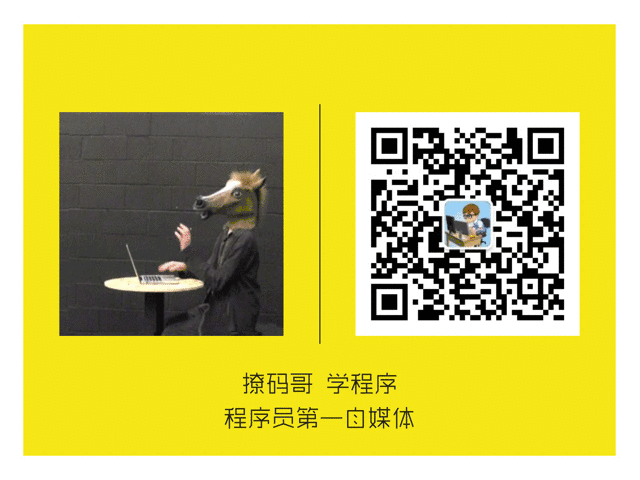



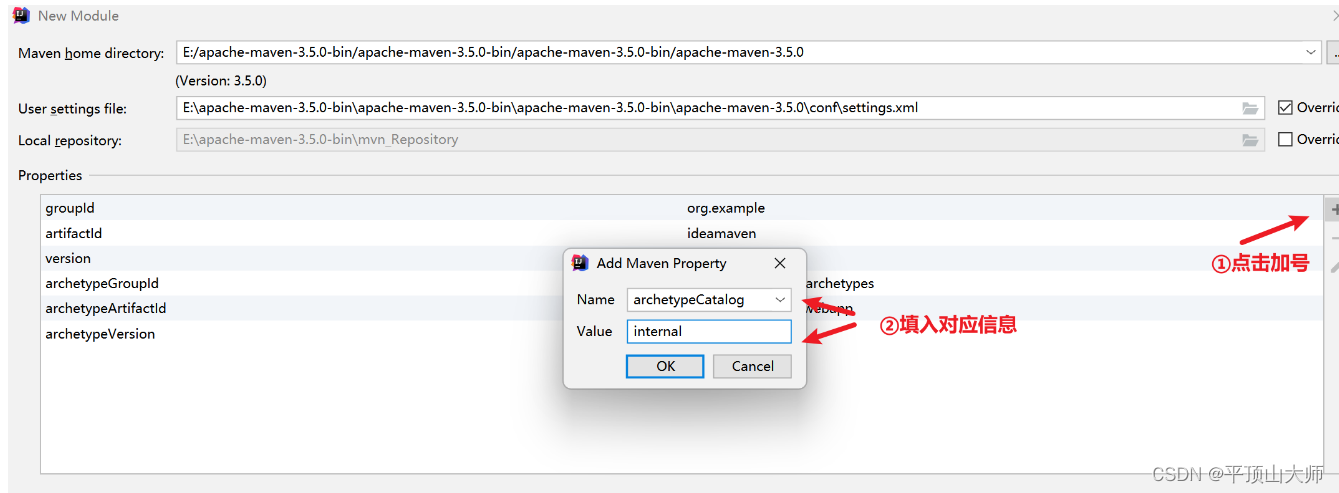

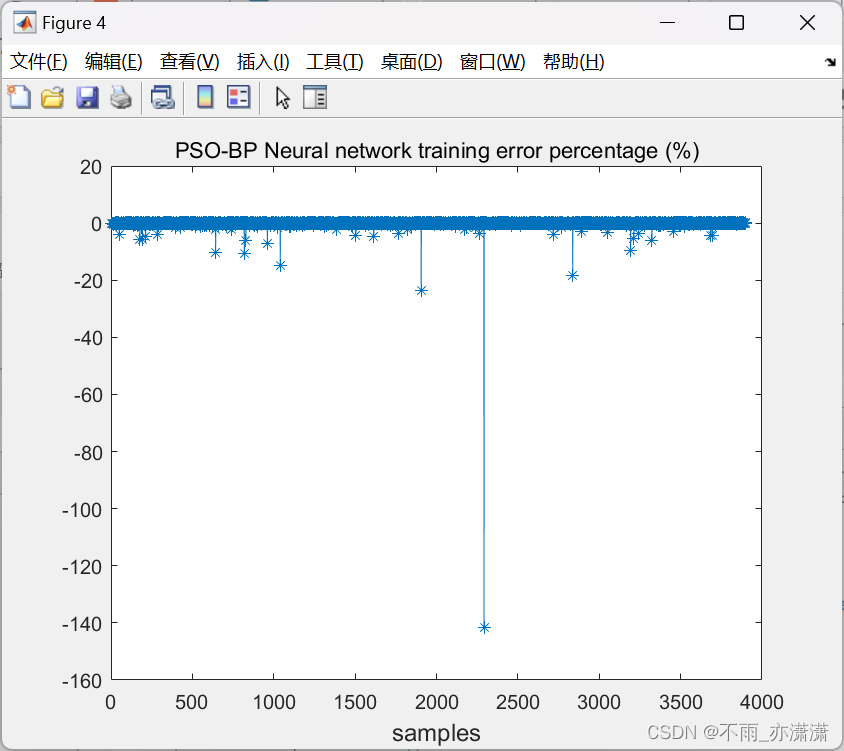
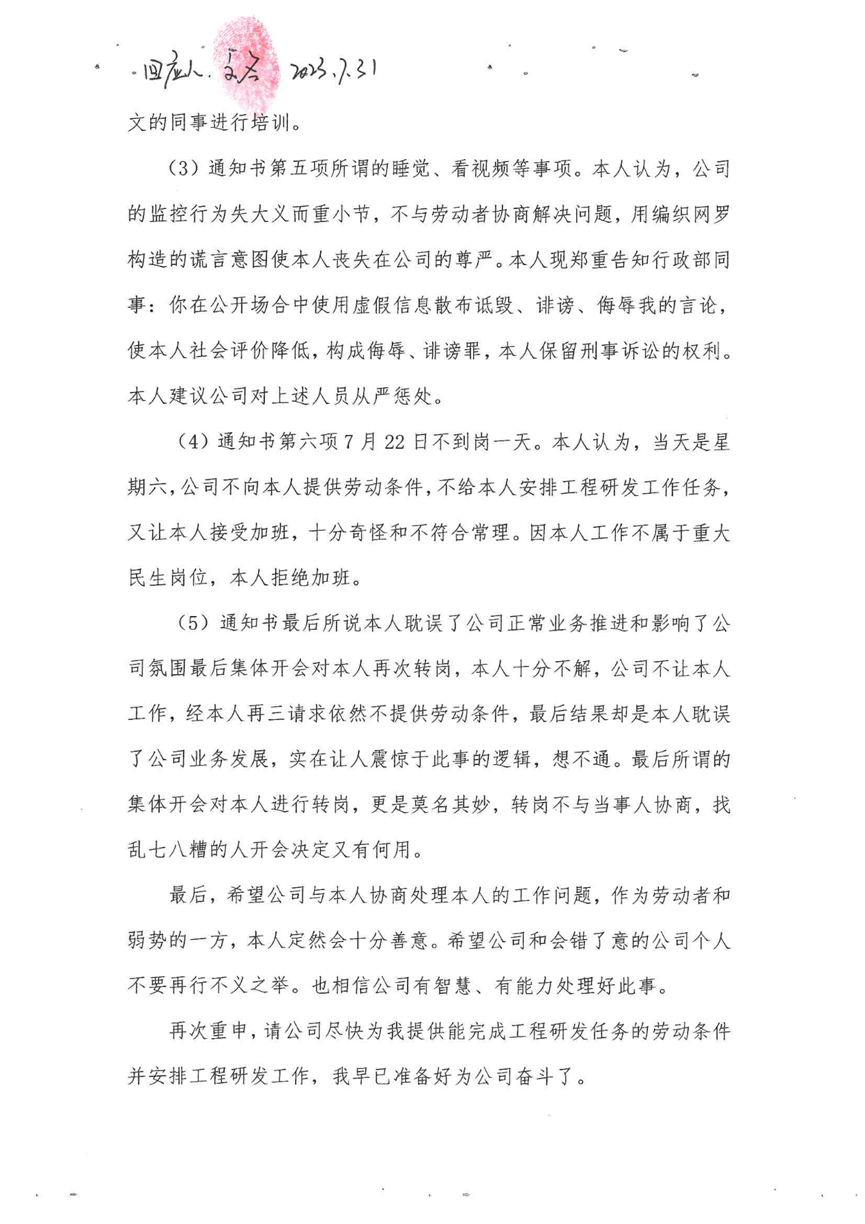

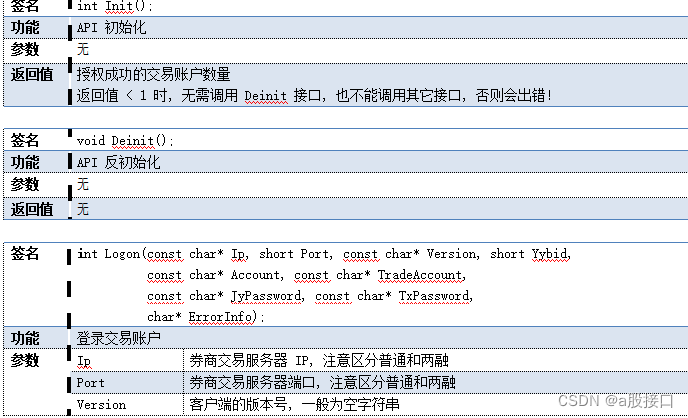



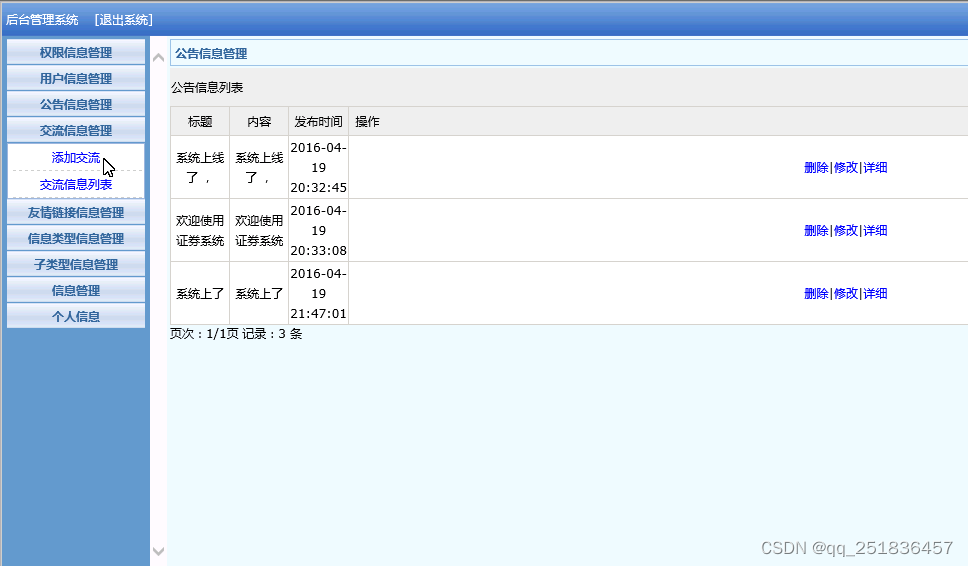
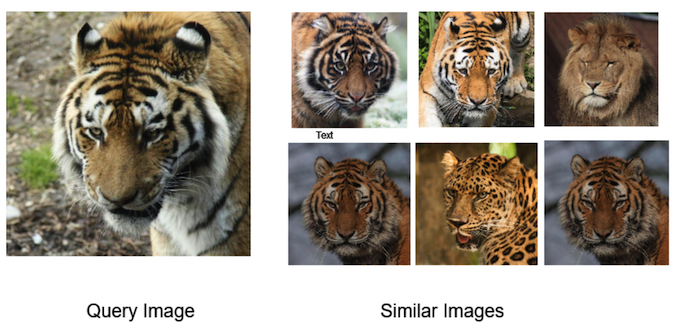


![[XJTUSE]面向对象考试复习指南](https://img-blog.csdnimg.cn/5ae9637d57954a0db48ccd2e429cd593.png?x-oss-process=image/watermark,type_ZHJvaWRzYW5zZmFsbGJhY2s,shadow_50,text_Q1NETiBA6Zuo6JC95L-K5rOJ,size_20,color_FFFFFF,t_70,g_se,x_16)

